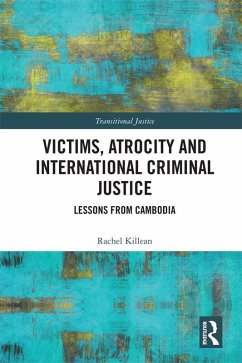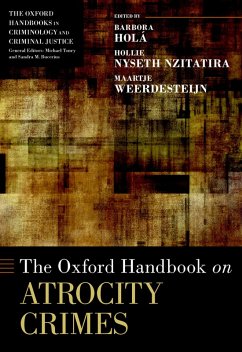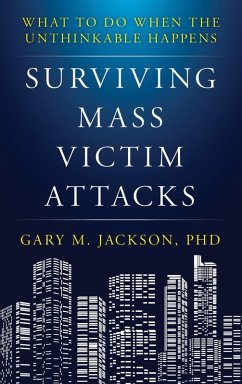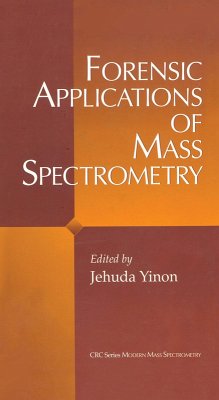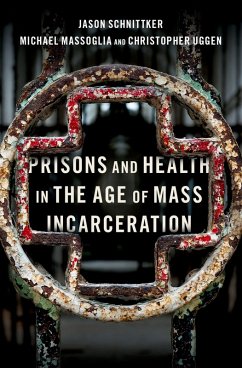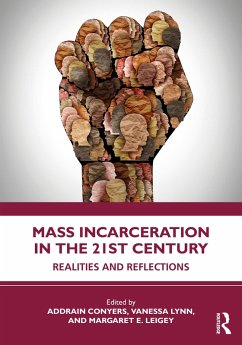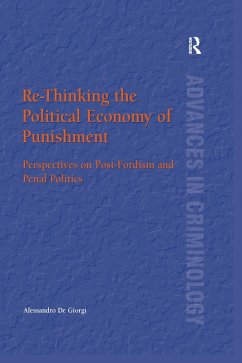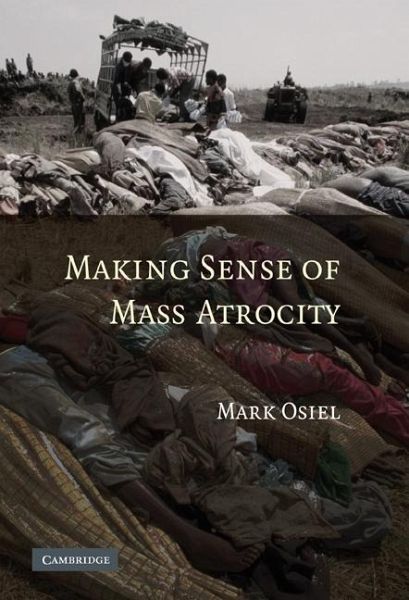
Making Sense of Mass Atrocity (eBook, ePUB)
Versandkostenfrei!
Sofort per Download lieferbar
25,95 €
inkl. MwSt.
Weitere Ausgaben:

PAYBACK Punkte
13 °P sammeln!
Genocide, crimes against humanity, and the worst war crimes are possible only when the state or other organisations mobilise and co-ordinate the efforts of many people. Responsibility for mass atrocity is always widely shared, often by thousands. Yet criminal law, with its liberal underpinnings, prefers to blame particular individuals for isolated acts. Is such law, therefore, constitutionally unable to make any sense of the most catastrophic conflagrations of our time? Drawing on the experience of several prosecutions, this book both trenchantly diagnoses the law's limits at such times and of...
Genocide, crimes against humanity, and the worst war crimes are possible only when the state or other organisations mobilise and co-ordinate the efforts of many people. Responsibility for mass atrocity is always widely shared, often by thousands. Yet criminal law, with its liberal underpinnings, prefers to blame particular individuals for isolated acts. Is such law, therefore, constitutionally unable to make any sense of the most catastrophic conflagrations of our time? Drawing on the experience of several prosecutions, this book both trenchantly diagnoses the law's limits at such times and offers a spirited defence of its moral and intellectual resources for meeting the vexing challenge of holding anyone criminally accountable for mass atrocity. Just as war criminals develop new methods of eluding law's historic grasp, so criminal law flexibly devises novel responses to their stratagems. Mark Osiel examines several such legal innovations in international jurisprudence and proposes still others.
Dieser Download kann aus rechtlichen Gründen nur mit Rechnungsadresse in A, B, BG, CY, CZ, D, DK, EW, E, FIN, F, GR, HR, H, IRL, I, LT, L, LR, M, NL, PL, P, R, S, SLO, SK ausgeliefert werden.




